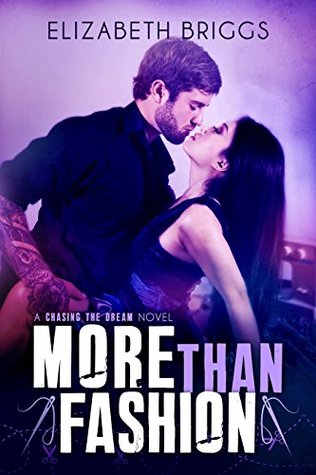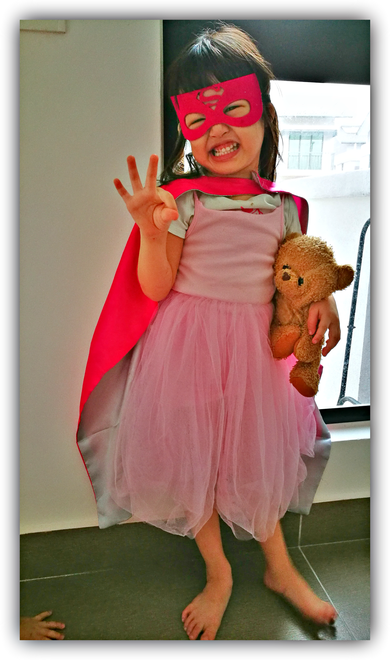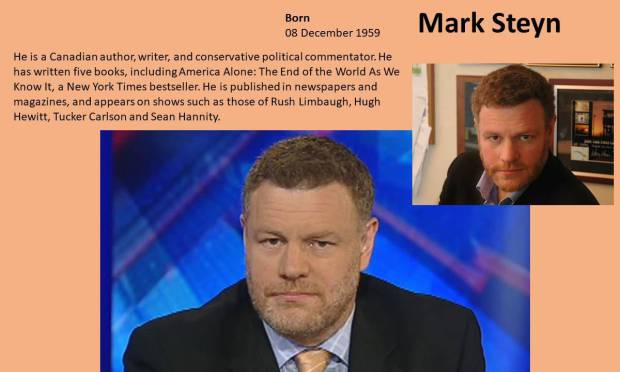There were so many things I had no idea I needed to know about Kolkata!
Bloody India was my first event on Sunday morning, and it was even better than I had expected. Jenny Brown was there to usher the others in, and they were ‘needs no introduction, she’s great, obviously’ Lin Anderson and ‘little’ Doug Johnstone, whose jobs were to introduce Monabi Mitra, all the way from Kolkata, and Abir Mukherjee, from his mum’s house ‘down the road,’ but who usually lives in London.
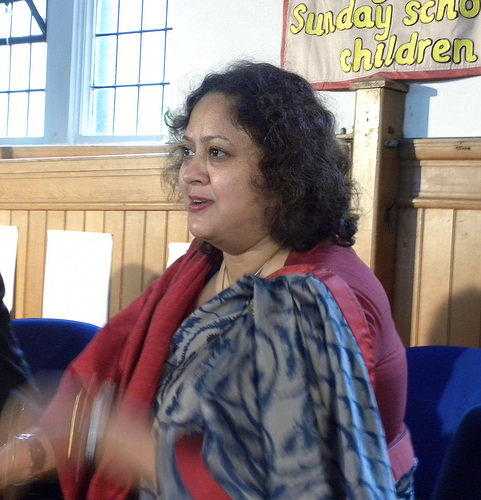
Chance – and the British Council – had sent Lin and Doug, and oh, Jenny too, to the Kolkata Literary Festival in February, where they met lots of people (they get something like 2,500,000 visitors there…), including, I believe, Monabi. Such numbers will explain why Scotland wants to make it on the Indian litscene. Just imagine how many books they could sell to so many fervent fans of reading! They are planning special Indian editions of Scottish crime, and expect to return there in February 2018.
Lin and Doug entered Indian immigration successfully, but there had been some doubt about whether Jenny should be let through. Or so they claimed. But when they were all safely in, and wondering what could have happened to their luggage, they discovered that people from [the plane?] had kept their bags company in the now deserted airport.
Doug said that it wasn’t until he went to India that he understood what culture shock means. And people are so cultural, in a place where readers rioted because the book fair closed early… According to Abir the words on the airport ceiling are from Tagore’s works. Watching an eight-year-old boy choosing a book to buy, they were flabberghasted to find it was a copy of Ivanhoe.
Anyway, as Lin said, we hadn’t come to hear her and Doug speak.

Monabi Mitra is a professor of English literature, and she is married to a detective inspector, which might explain why she started writing crime fiction. She said there’s a duality in her life, with literature on one side and the dangerous world of the police on the other. Mentioning her own experience of being present at an autopsy, she feels there must be one in each book.
Indian autopsies are quite different from the Western kind we’ve got used to from CSI. Monabi read an excerpt from her novel, about a shockingly different autopsy. It’s fast, and careless, and there are rats, and it’s always smelly.

Abir Mukherjee reckons he is the only Scottish-Indian crime writer, and if there’s anyone else, he’ll have to kill them. He recounted the old tale of how in parts of Scotland people want to know if you are Catholic or Protestant, and when saying he’s Hindu, they want to know if he’s a Catholic Hindu or a Protestant Hindu.
Kolkata is practically a Scottish city, built by Scots, and it’s not all that old. Bengalis are very much like Scots, but without the alcohol. The period between 1919 and 1947 is an important one.

Reading from A Rising Man, Abir chose a passage about a visit to a church (because we were in a church). His detective is a Scot who has gone to live in Kolakata after being widowed, and it was ‘slightly preferable to suicide.’ A sad background, but Abir’s writing is humorous and his book sounds like a great read. There is apparently a shared gallow’s humour between Scotland and Bengal.
Monabi mentioned the works of H R F Keating and his Inspector Ghote. As homage to this man who wrote about an India he’d not visited, she named her detective Inspector Ghosh. She pointed out that in India you don’t tend to hire a PI, unless you are ‘in deep shit.’
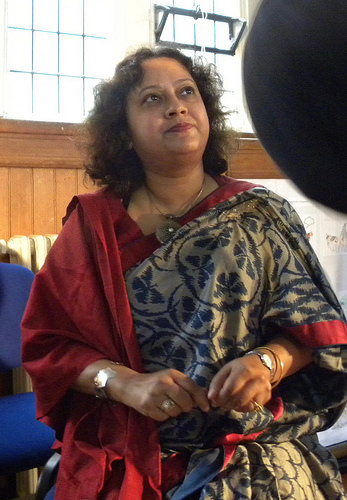
When asked, she said that she thinks in English, although she speaks two other languages. She described her Saturday at Bloody Scotland, the sunshine (!) and what a great invention queueing is. Kolkata is not orderly. It’s wonderful here, and the events were real eye-openers.
But on the other hand, Kolkata used fingerprinting before Britain, and Ronald Ross discovered what causes malaria (admittedly by experimenting on the servants…). Kolkata was very cosmopolitan between the two world wars, and in the past ‘its greatness was greater.’
Abir said that the reason he writes is he read some popular crime novels and felt they were so badly written that he could do better. Despite his Indian background he said he didn’t feel he could write from a Bengal point of view, which is why he chose a Scot in Kolkata.
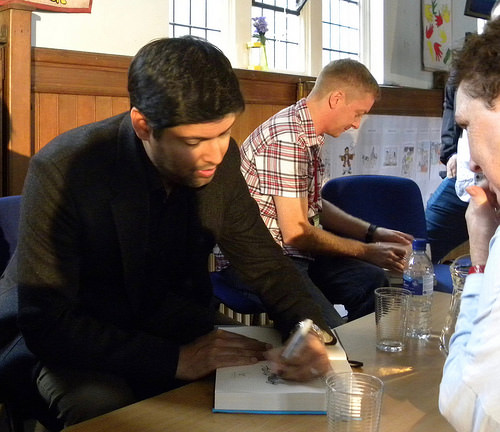
His first book is set in 1919, and he said that whereas what happened in Amritsar that year had an impact on Kolkata as well, news travelled so slowly, that he had to make up faster news for his story, so that they knew the day after.
When time was up, there was a bit of a scramble to be first to the books for sale [as there could have been more copies]. I admit to buying a book by each of the visiting authors, which is something that hardly ever happens. I spoke a little to both of them, and Monabi told be about the number of Scots who have not only moved to Kolkata, but have aquired nationality, because it’s the best place to live.
After this event I can sort of see why.
Advertisements Related